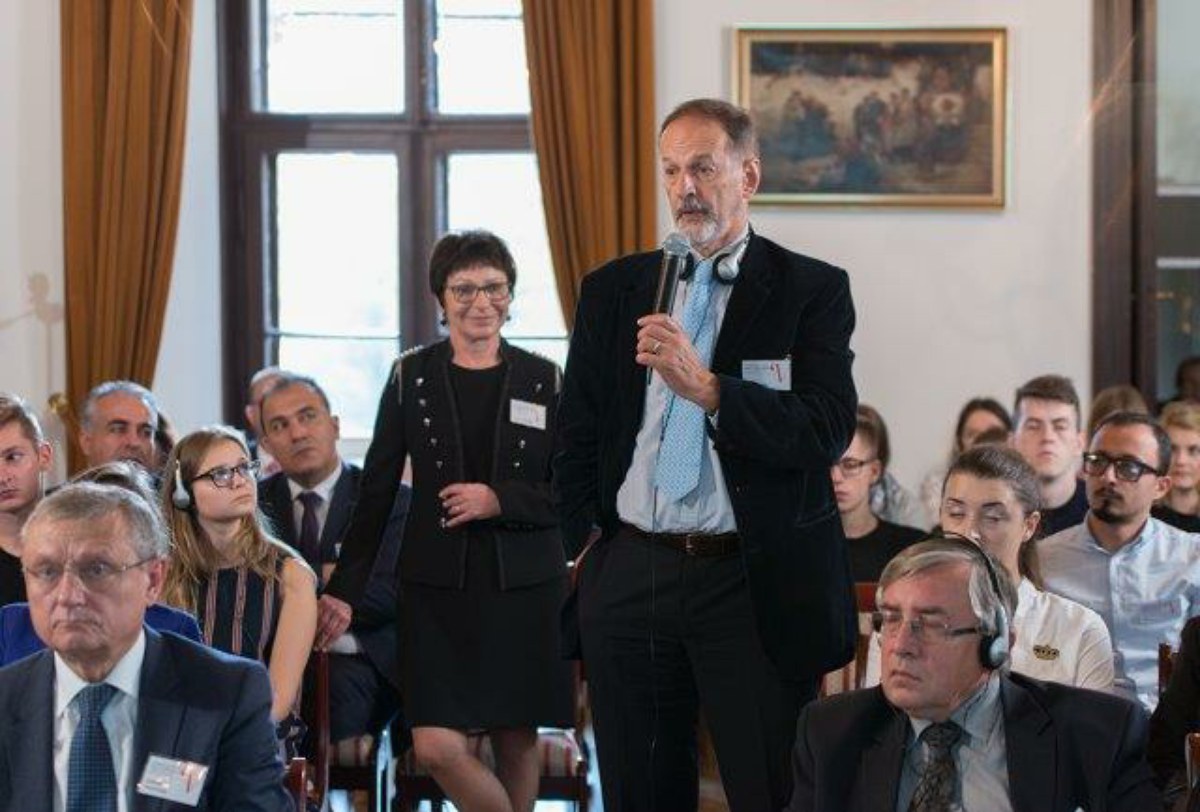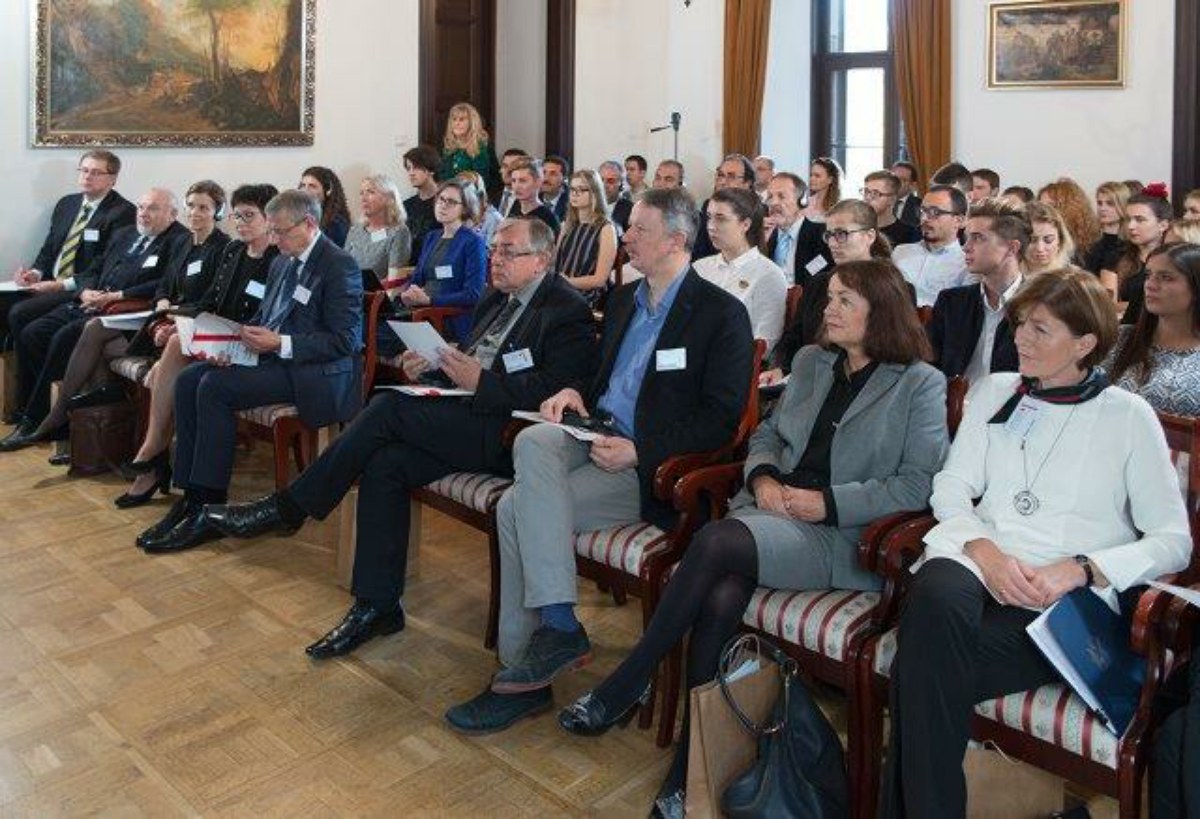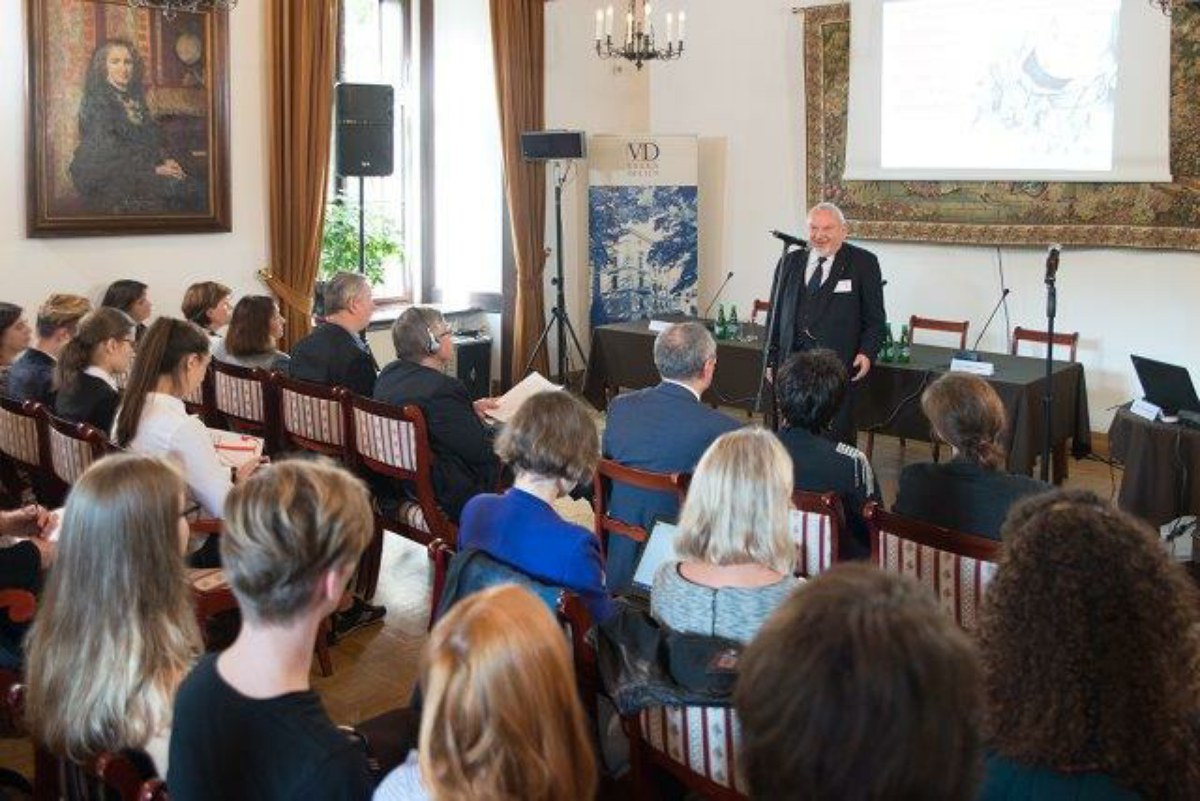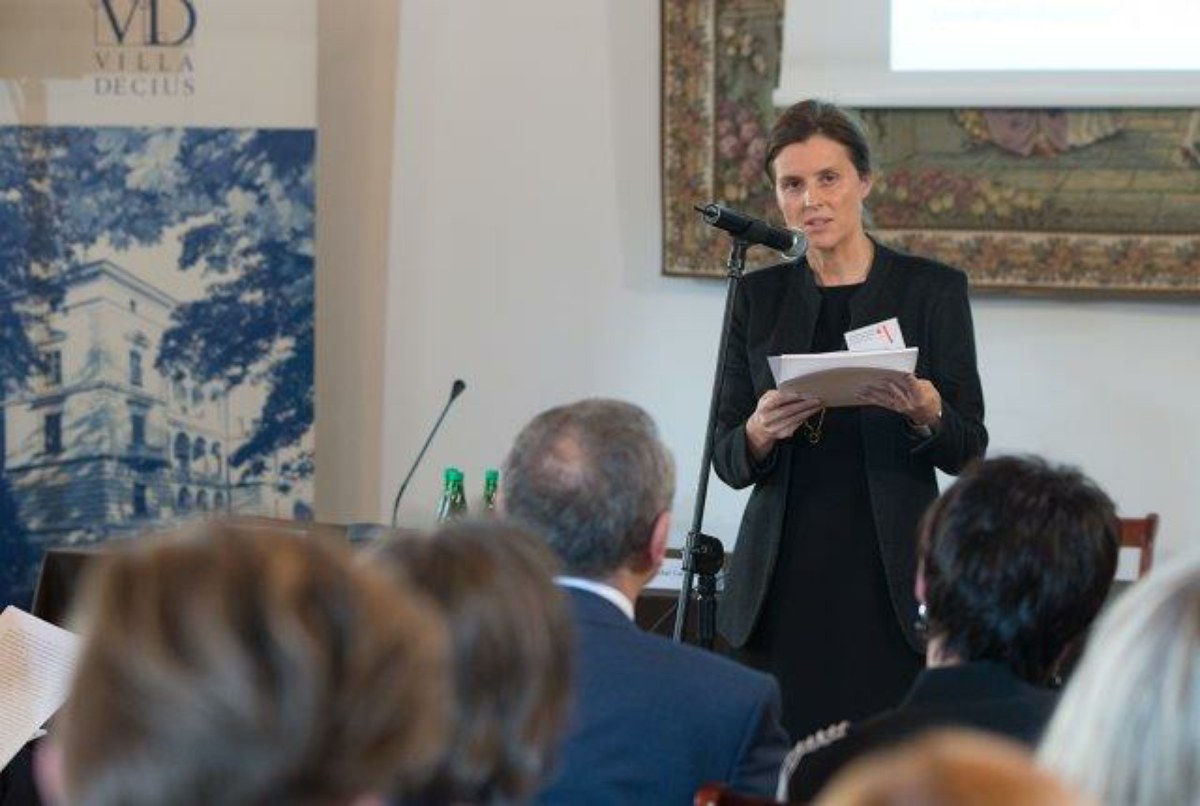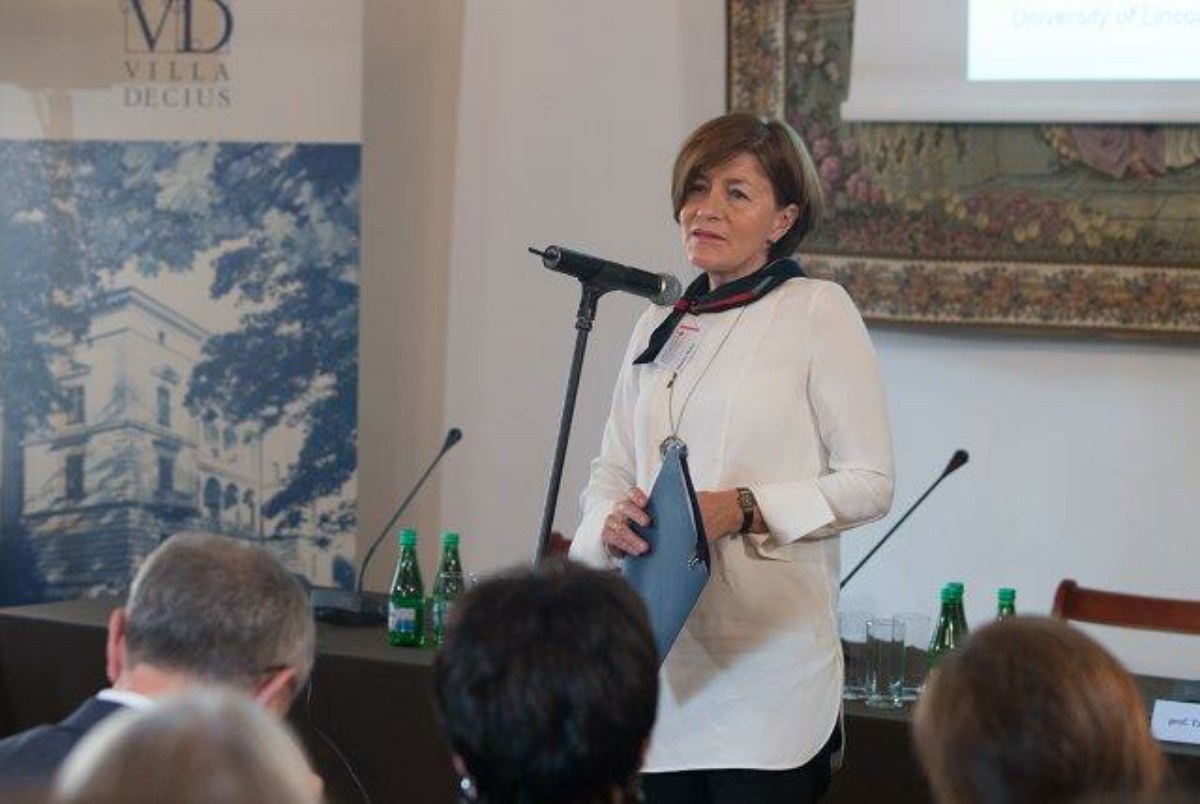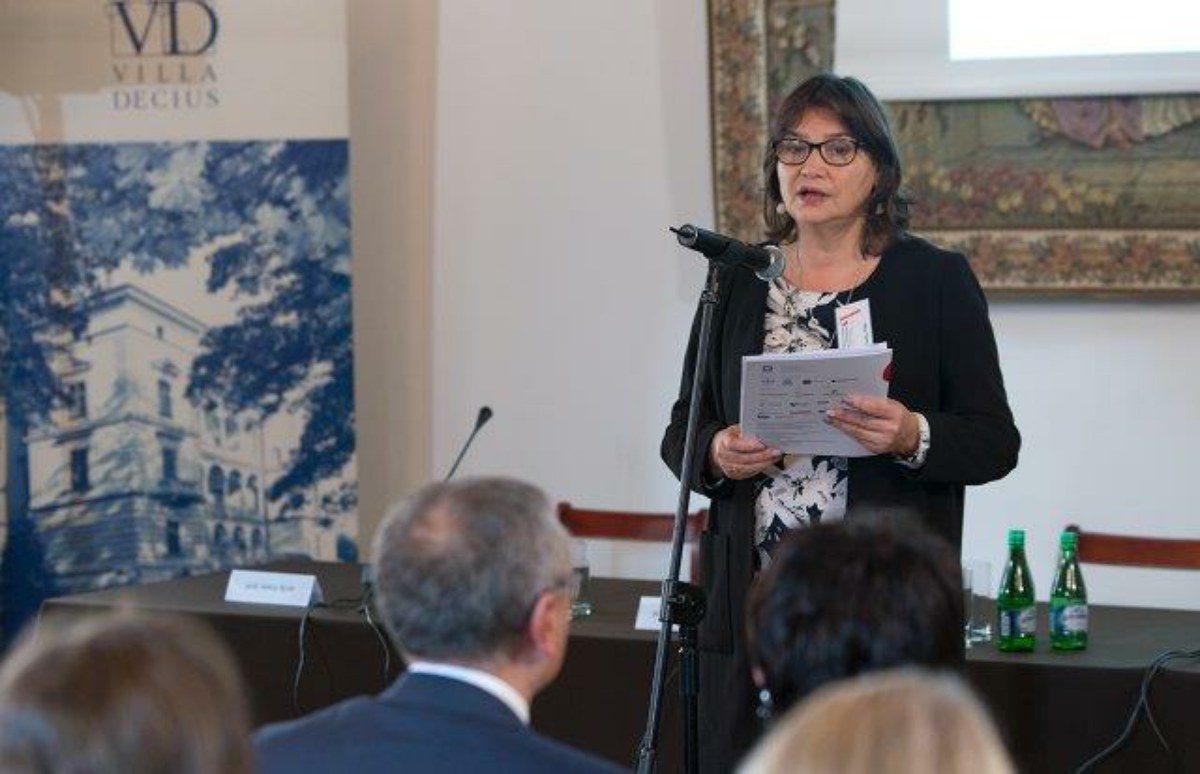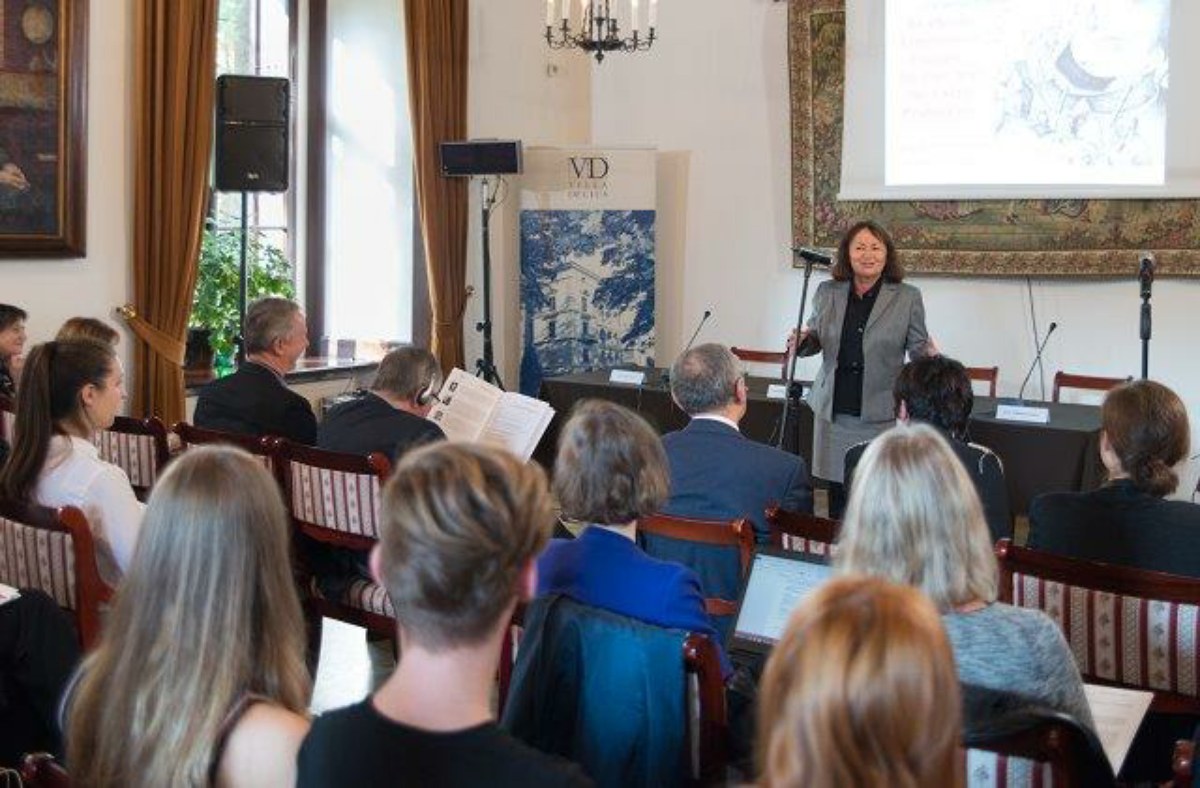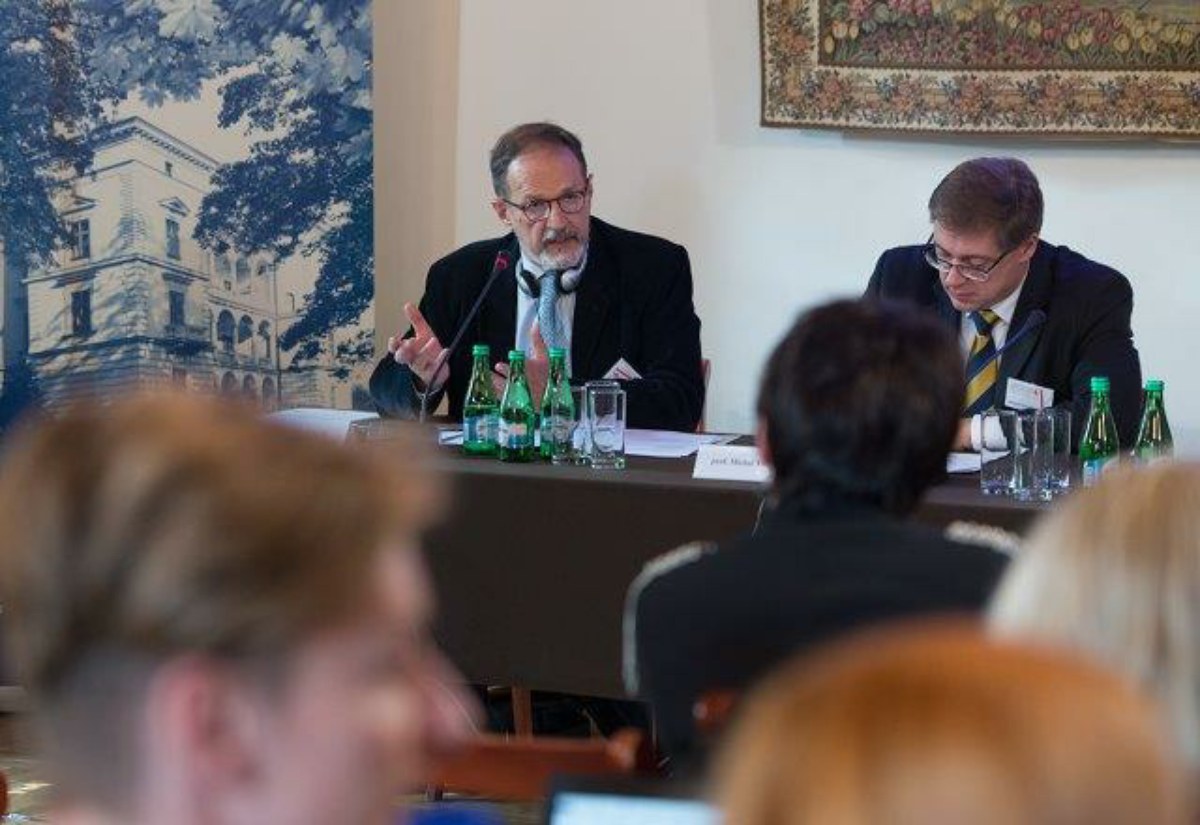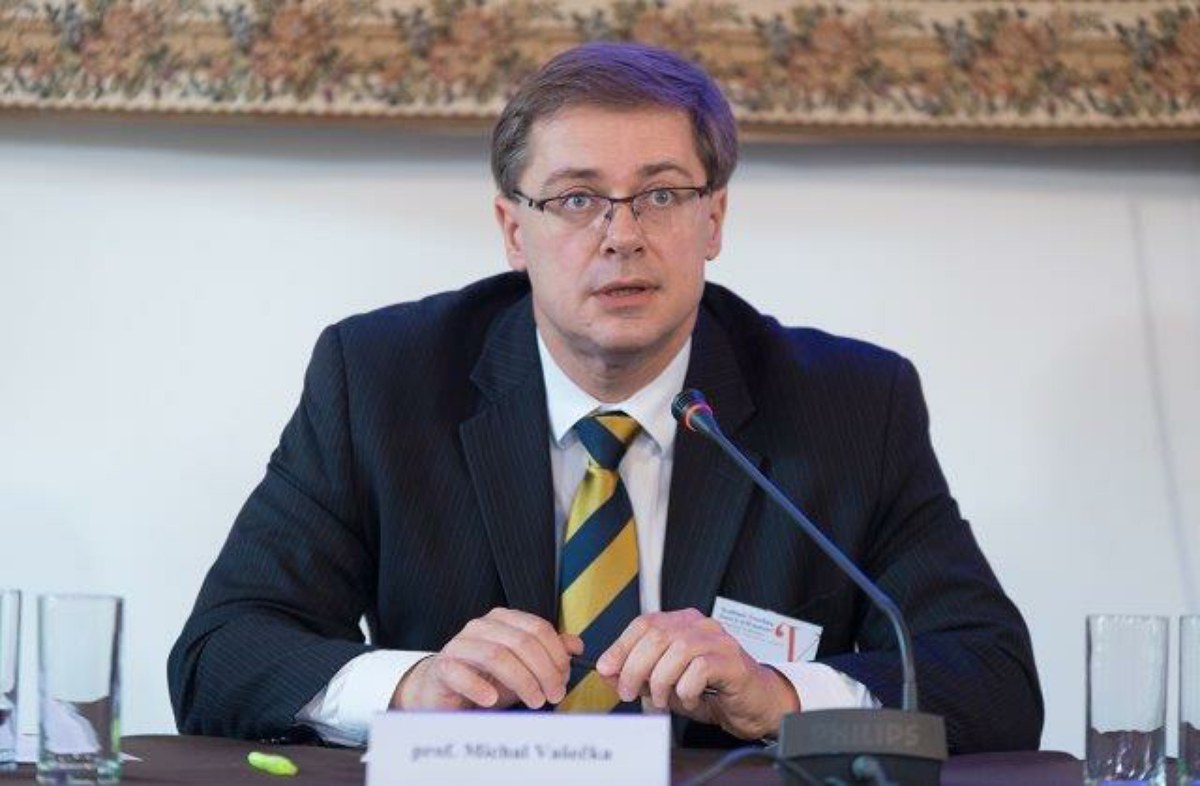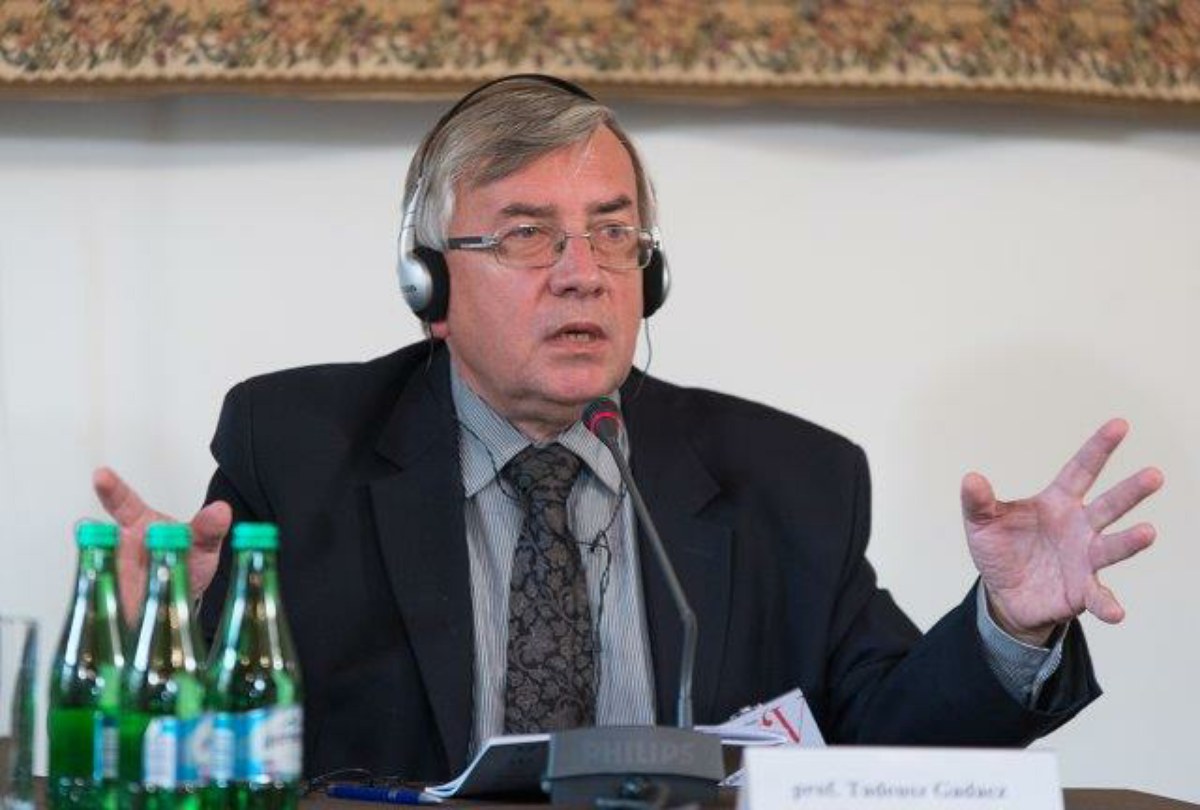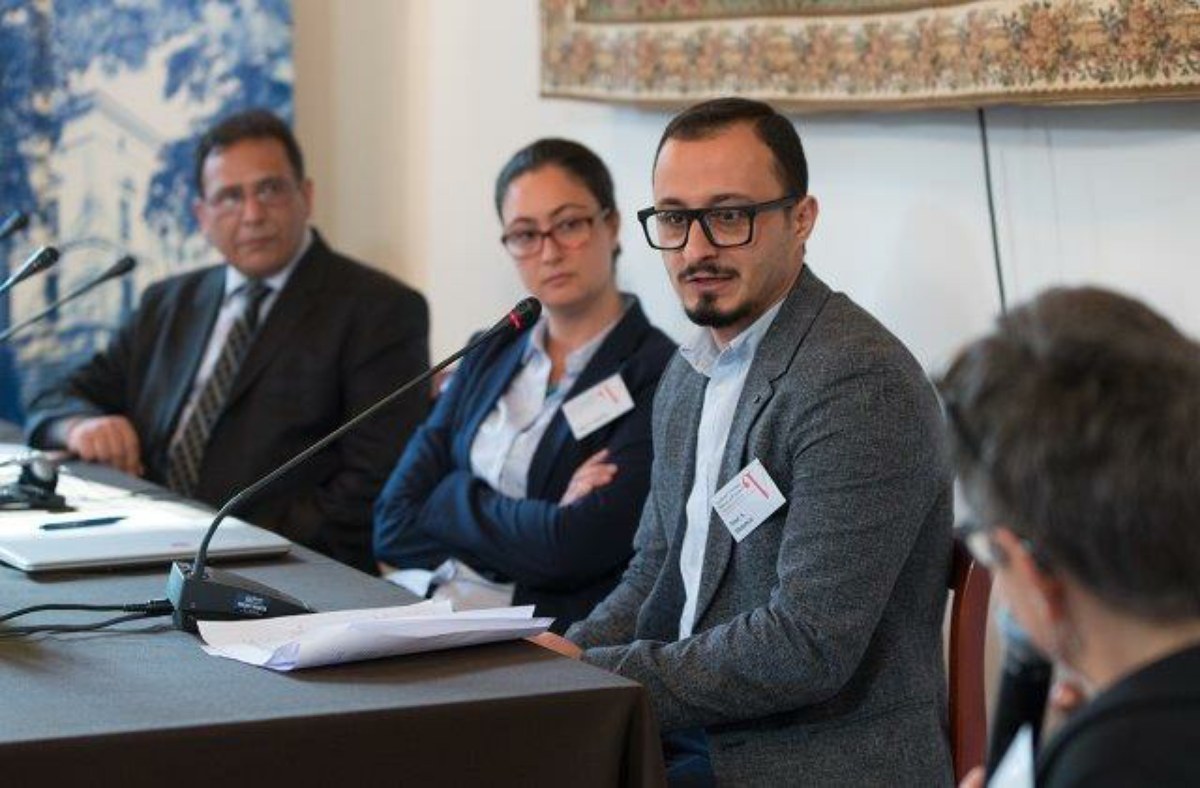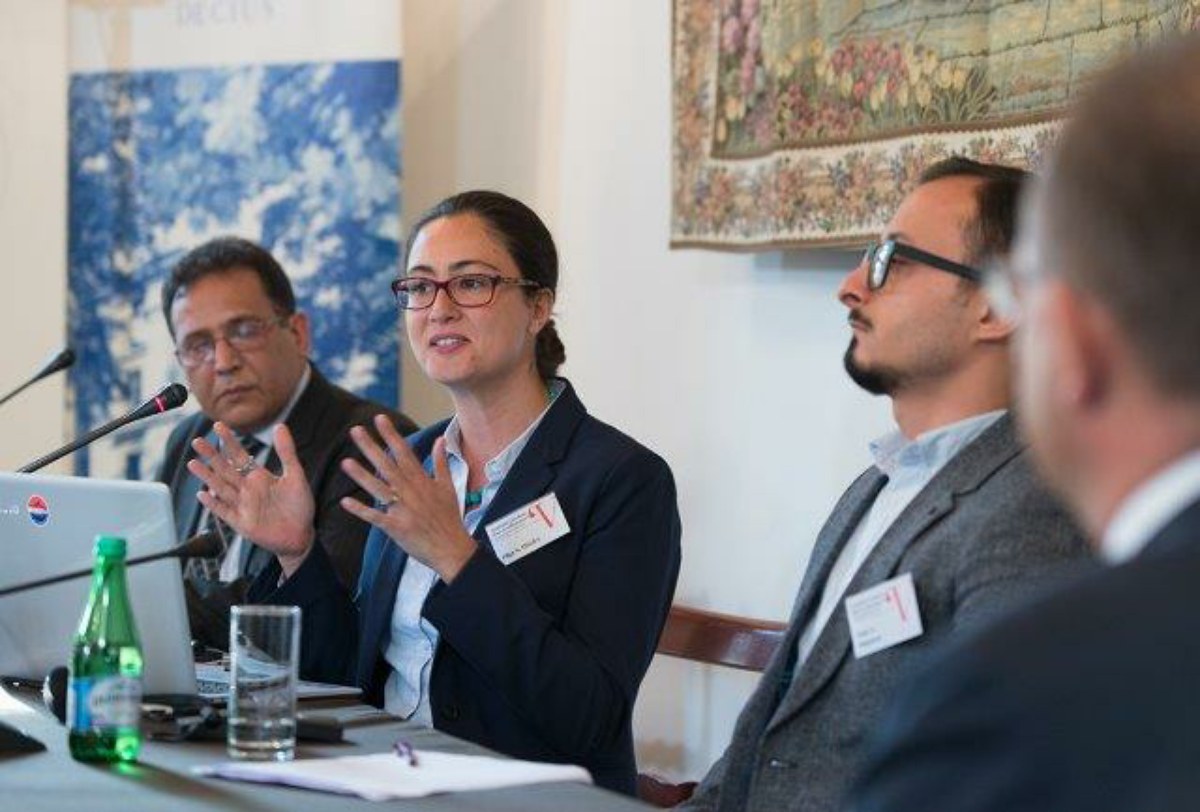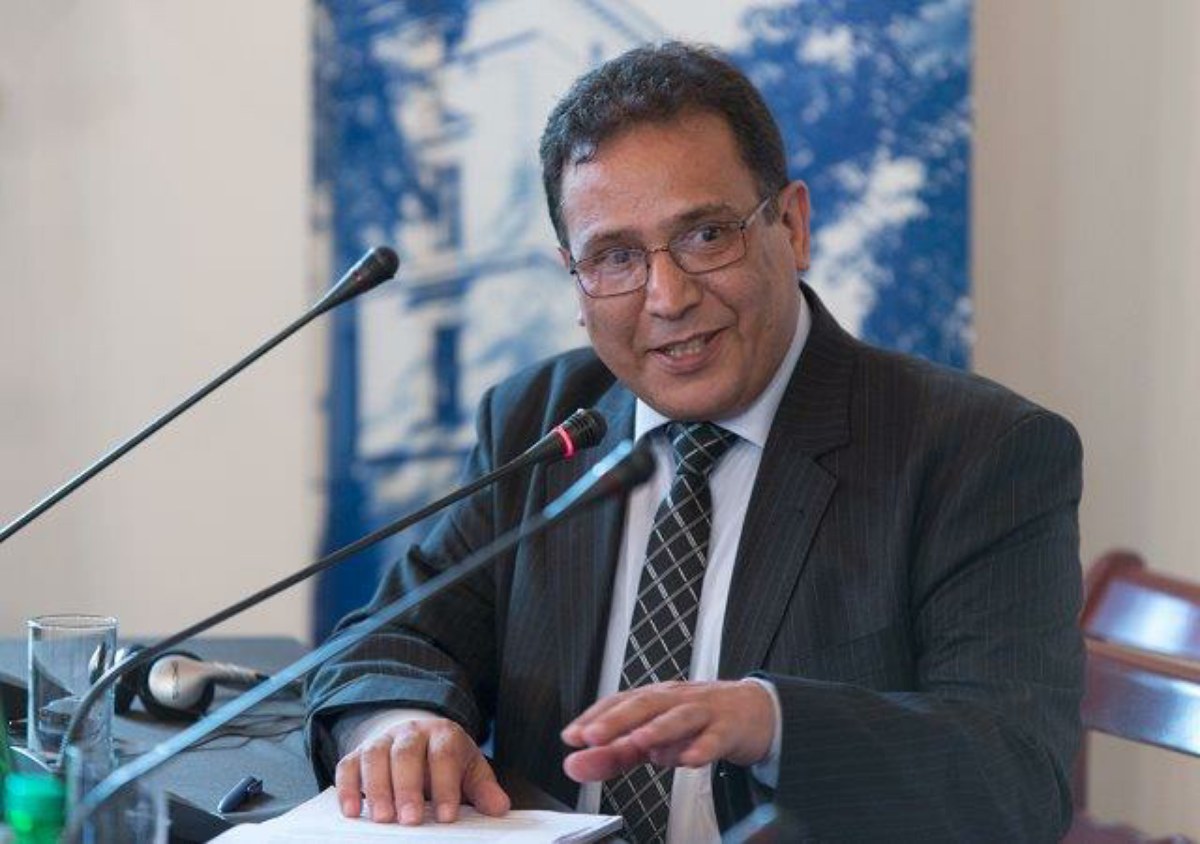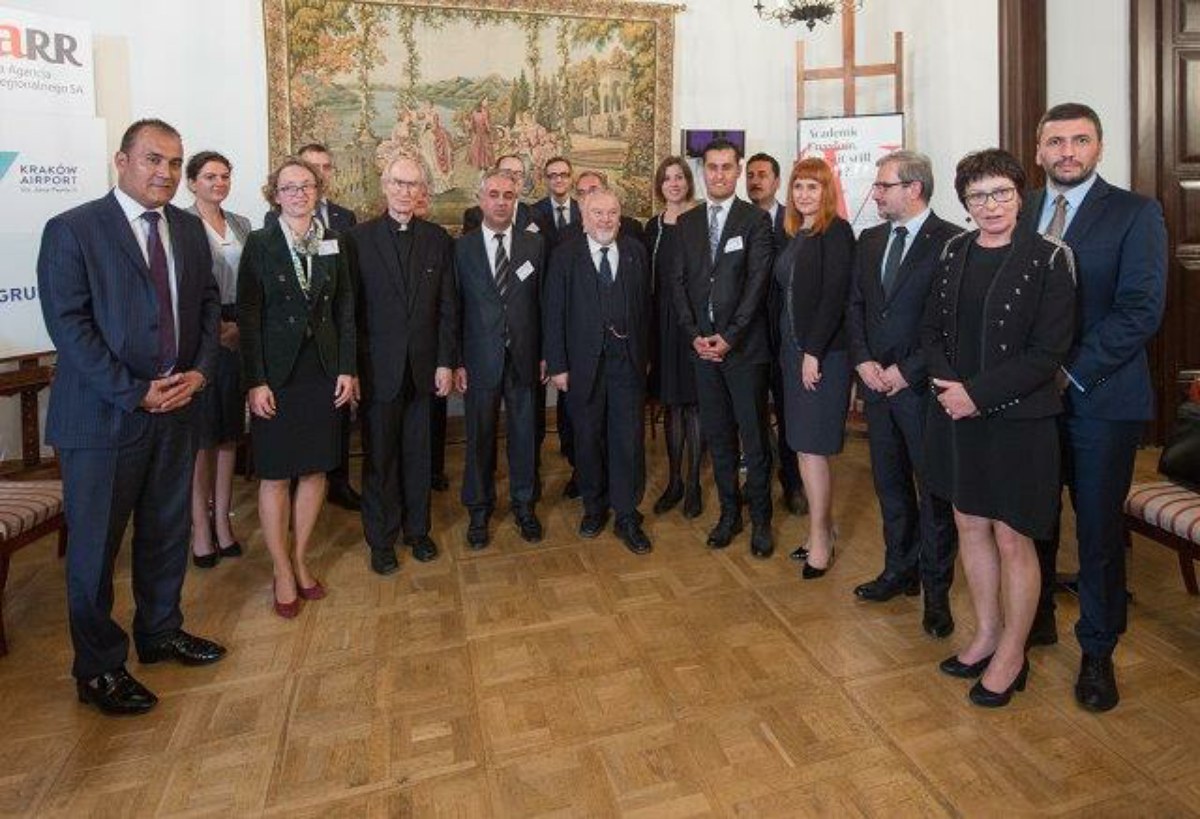Date:
Event location: Krakow
Type: Special Events
The conference was organized by Villa Decius Association and Scholars at Risk Network.
The central event was the 14th Awards Gala of the Polish Prize of Sergio Vieira de Mello granted in the memory of the United Nations High Commissioner for Human Rights (2002-2003) (see separate information). This event was preceded by two panels; the first one was devoted to Challenges to Academic Freedom, i. e. to the national and regional dimensions of current challenges to academic freedom and related values and their effects. The second panel, entitled Courage to think, was covered by testimonies and dialogues with refugee and at-risk scholars and students. At the second day of the Conference the participants from Poland and some foreign guests participated in the Round Table, devoted to the the activities of Scholars at Risk Network in the region, particularly to the further steps in establishing its Polish Section. The most intensively considered questions in this respect were related to the acceptance of academics from countries in which academic freedoms are critically endangered, and their inclusion into the academic life at the universities from Central European countries.
MCO contributed to the first panel by the participation of Aleksa Bjeliš, former member and the deputy president of the Council. Together with Professors Tadeusz Gadacz and Michal Vašečka, he contributed with the introductory remarks, as well as with the participation in the vivid dialogue with the audience, moderated by Mr. Lukasz Fyderek.
The panel put the main accents on the historical and contemporary roles of universities in the Central European countries, particularly on the processes in the recent times of transition of these countries from totalitarian towards open democratic societies. It was stresses that the prerequisite for creative contributions of members of universities to the understanding and resolving of numerous open questions in their countries is the positioning of universities and their transformation, not without external and internal obstacles and threats, towards fully autonomous, accountable and internationally recognized institutions, expected to re-establish their crucially responsibility for the further development of their societies.
The participants of the panel stressed that today the academic freedom as a basic university value in accordance with the messages of the Magna Charta Universitatum, should not be reduced to passivity and tendencies to avoid critical problems with which modern societies are confronted globally and regionally. As a support to these statements, concrete examples and cases as illustrations of actual situations in their countries were evoked by participants.
